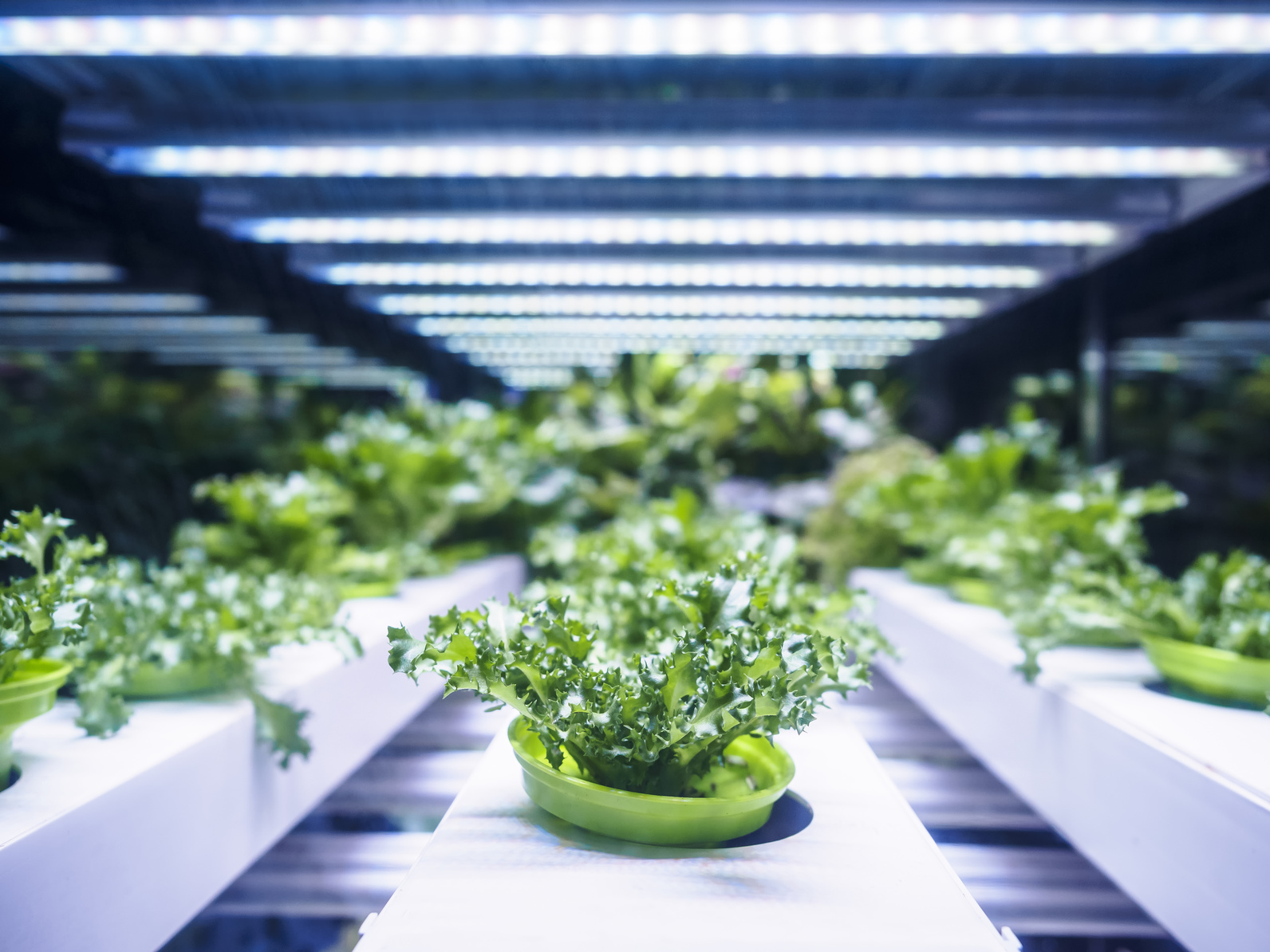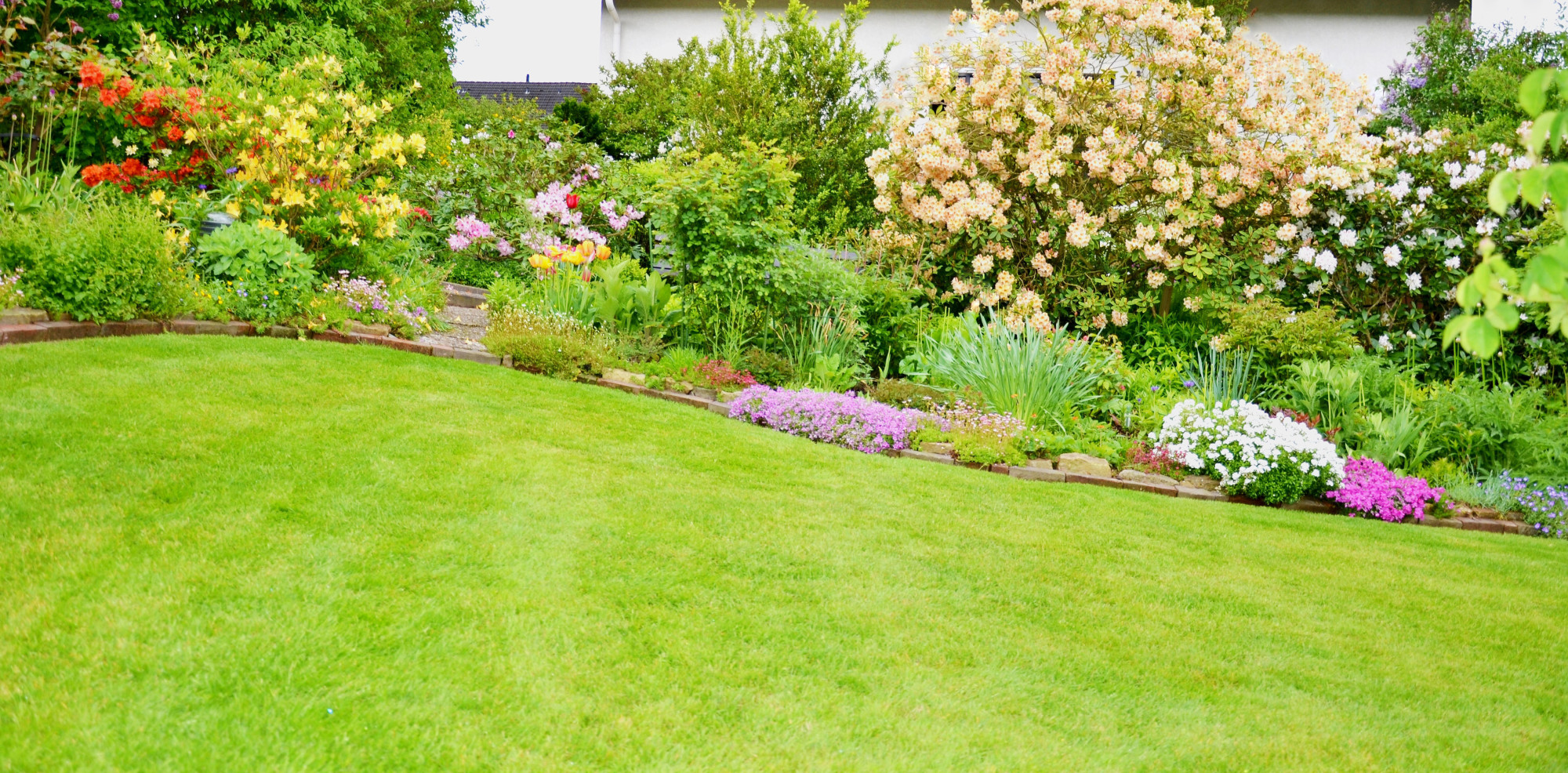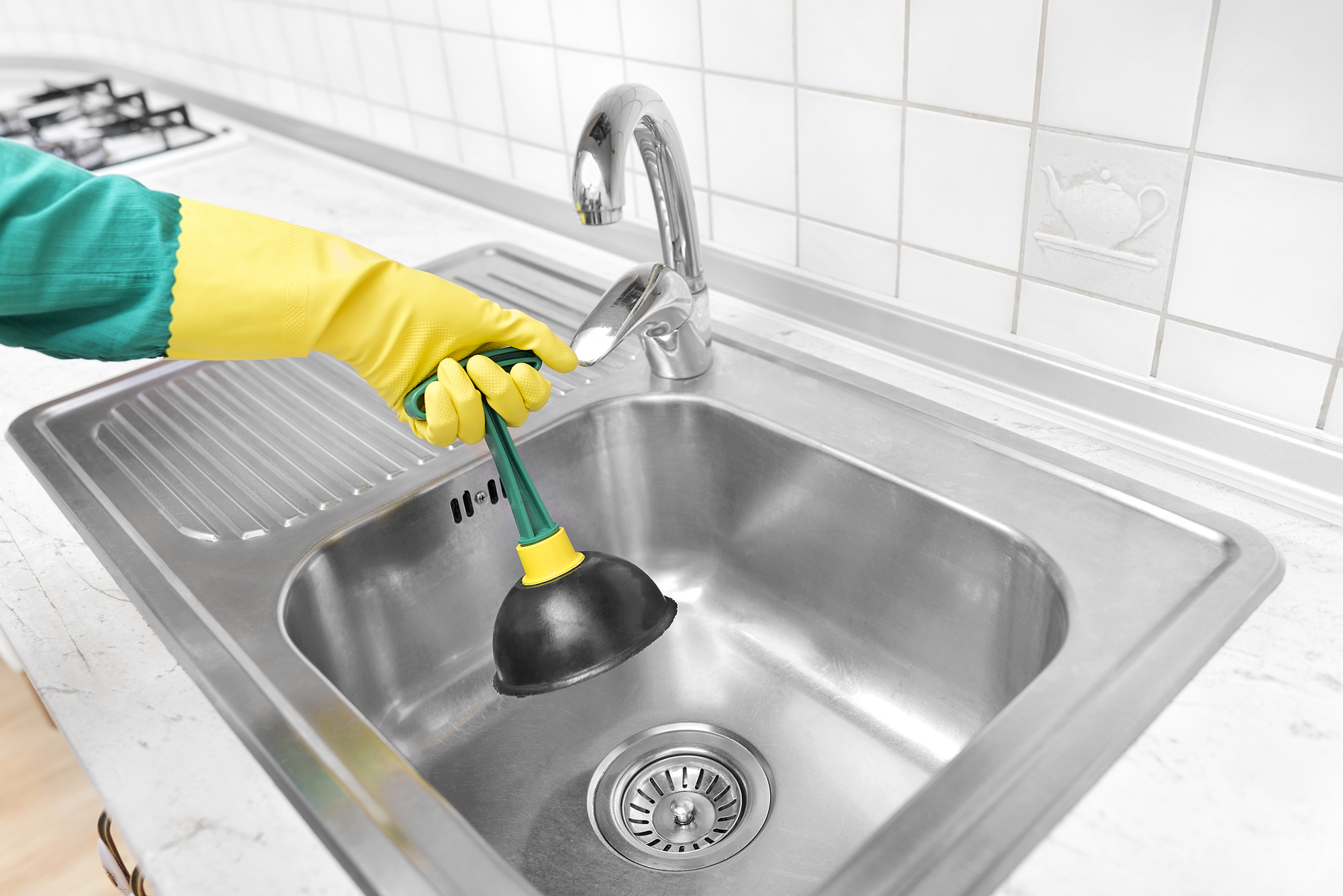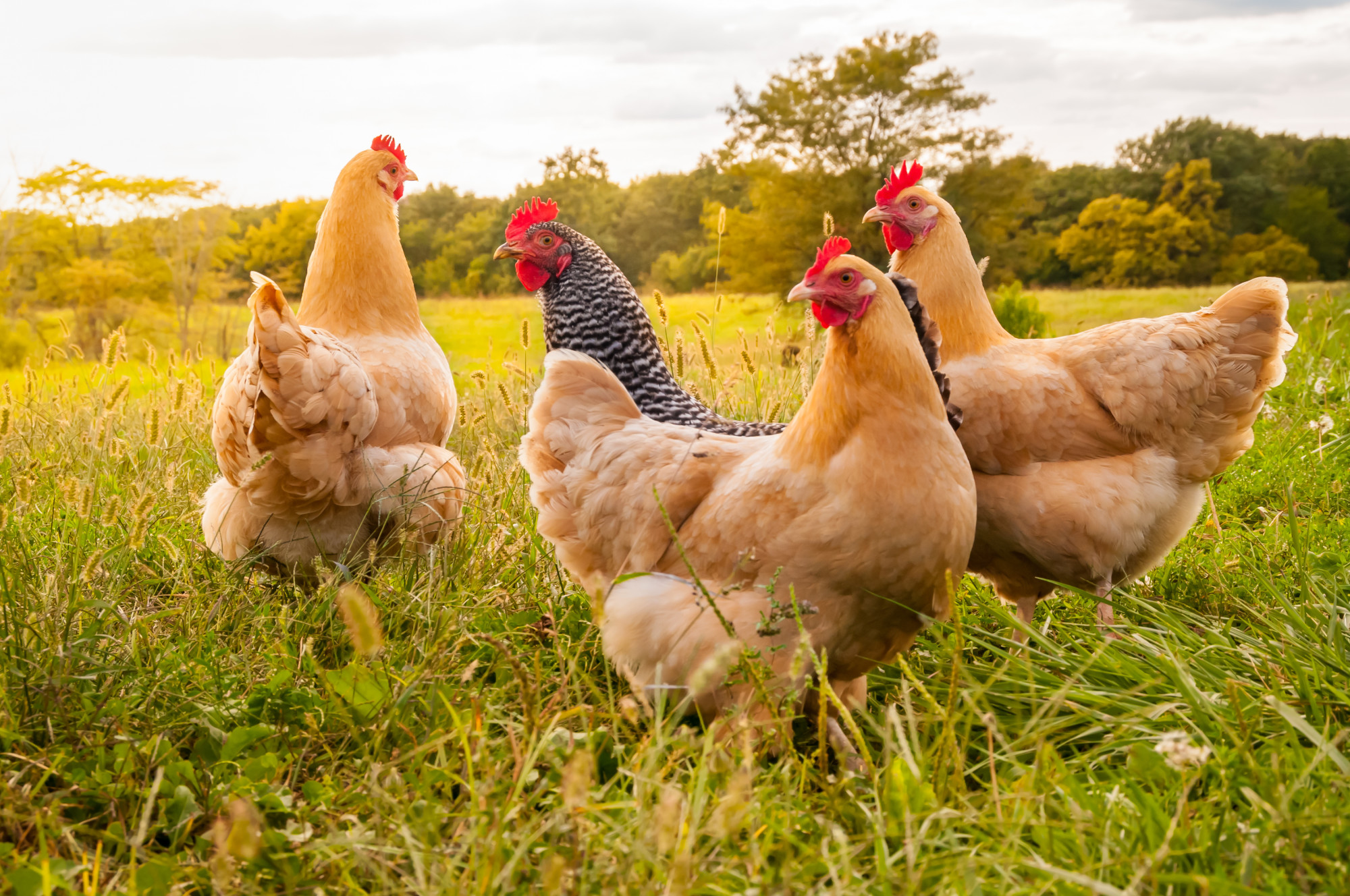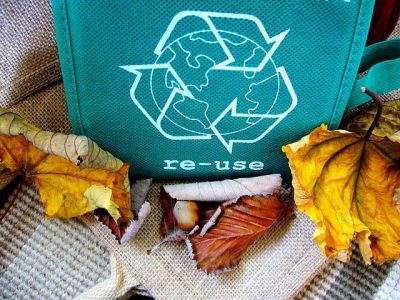There were 935,450 acres of certified organic farmland in 1992 – the most up to date data (from 2011) shows there are 5,383,119 certified acres today – a nearly sixfold increase in land coverage.
This change is thanks to changing consumer taste coupled with environmental concerns, and it means that organic fruits and vegetables are readily available – if a little more expensive than ‘regular’ products.
Modern agriculture has had to adapt to keep pace with the demand for organic. We take a look at how the landscape has changed to accommodate the demand for organic.
How Much Do Organic Farmers Grow?
Organic farming focuses on producing sustainable, environmentally-friendly crops in good-quality soil. Because of this, it is not as intense as other approaches to modern agriculture.
This means that the crop yield is 19% to 25% lower than a comparable farm using conventional methods. To achieve the same crop yield as regular modern agriculture, considerably more land would be needed by an organic farmer.
Despite this, organic farms are around 35% more profitable than conventional farms.
And because the organic process is more labor-intensive, they use more people to do the work, creating more jobs.
Where Do Organic Farms Source Their Seeds?
Any organic farm seeds need to be acquired from an organic source that ensures they’re not genetically modified organisms (GMOs).
This is a fundamental requirement – there’s no point following organic farming processes if the plants themselves are not organic.
It’s serious business – and records, such as the European Library seed library, act as resources for farmers to check for organic seed availability.
If a farmer uses the wrong seeds, the value of their crop could plummet once the mistake is realized.
Growing Different Varieties of the Same Plants
Modern agriculture has picked out the ‘favorite’ types of each fruit and vegetable and grows them exclusively. That’s why in your local supermarket, you’ll find rows of near-identical lettuces and tomatoes.
But heirloom crops are becoming more popular, with major thanks to organic farming, which likes to grow many different types of the same plant.
Tomatoes are a good example. The classic tomato we see every day is red, but you can actually grow yellow, purple, pink and orange varieties of the plant. These are known as ‘heirloom’ varieties and look beautiful in salads.
But they’re not just a nice-looking novelty. The boost to crop biodiversity actually increases the biodiversity of the whole food chain, from bacteria through to mammals.
This isn’t just down to different plant varieties being grown, which happen to attract different creatures. Modern agriculture methods tend to use lots of intensive weeding practices and inorganic pesticides and fertilizers.
Weeds aren’t completely eradicated in organic systems, just kept away from the crops. This increases the biodiversity of the surrounding area.
Natural Crop Sprays
It’s a myth that organic farming uses no pesticides or fertilizers. But instead of synthetic chemical-based sprays, it only uses sprays which are derived from natural sources.
That said, they still need to be used with caution – they’re not necessarily non-toxic, but break down faster than their synthetic counterparts.
This means that they won’t hang around in the soil or on the plants forever. Conventional modern agriculture uses commercial pesticides that can last in the soil for years. They may also leach into water, which can cause massive problems.
DDT was one of the first chemicals used widely as a pesticide. When it washed off crops it ran into nearby bodies of water where it poisoned animals.
As predators ate prey affected by the chemical, it built up in their bodies too. And so on, up the food chain. The chemical was eventually banned following widespread concerns about its impact on the environment.
It caused bald eagle populations to plummet due to thinning eggshells, as one example – and there were worries that it could start to affect human health too.
Organic sprays are no less likely to leach into nearby rivers or lakes, but since they break down faster, they are much less likely to cause a lasting issue.
Better Soil Quality
Due to the common use of mulch, manure, or rotten organic matter as a topsoil for organic farming, the soil retains its moisture for longer.
And because sprays break down faster, as above, there are fewer concerns about chemicals lingering in the soil. The upshot is better quality soil that plants find it easier to thrive in.
In other modern agriculture, soils are still looked after, but to a lesser extent. Non-organic farmers undertake practices such as crop rotation to allow soils to regain nutrient content – though it’s worth pointing out that organic farmers do this as well.
What this means is that they grow different crops in the same field year after year. Different plants have different needs, so controlling what grows where is really important, or the nutrients in the soil will all be ‘used up’.
There are several other benefits to this technique, such as disease and pest prevention.
Modern Agriculture Is Utilizing Renewable Energy
The ethos of green and renewable energy fit in well with the organic farming mindset. A number of farmers grow corn specifically to make ethanol – a carbon-neutral fuel.
Some farmers are also installing wind turbines to generate electricity – both for their farms and for other consumers. In modern agriculture, the value of diversifying the business can’t be underestimated. A bad year and poor crop yield can cause major financial problems.
On other farms, sustainable approaches such as solar power are used. Incredibly, one Australian farm is growing tomatoes in the middle of the desert, using just seawater and solar power!
Do You Eat Organic?
There are many reasons to go organic, from environmental concerns to a belief that it’s better for your diet. It’s even been proposed that the system holds the key to feeding the world and combating global warming.
However, arguments remain that it remains less productive and that the standards farmers are meant to live up to are not being enforced adequately.
What do you think? Do you eat organic? If not, would you ever make the change?

